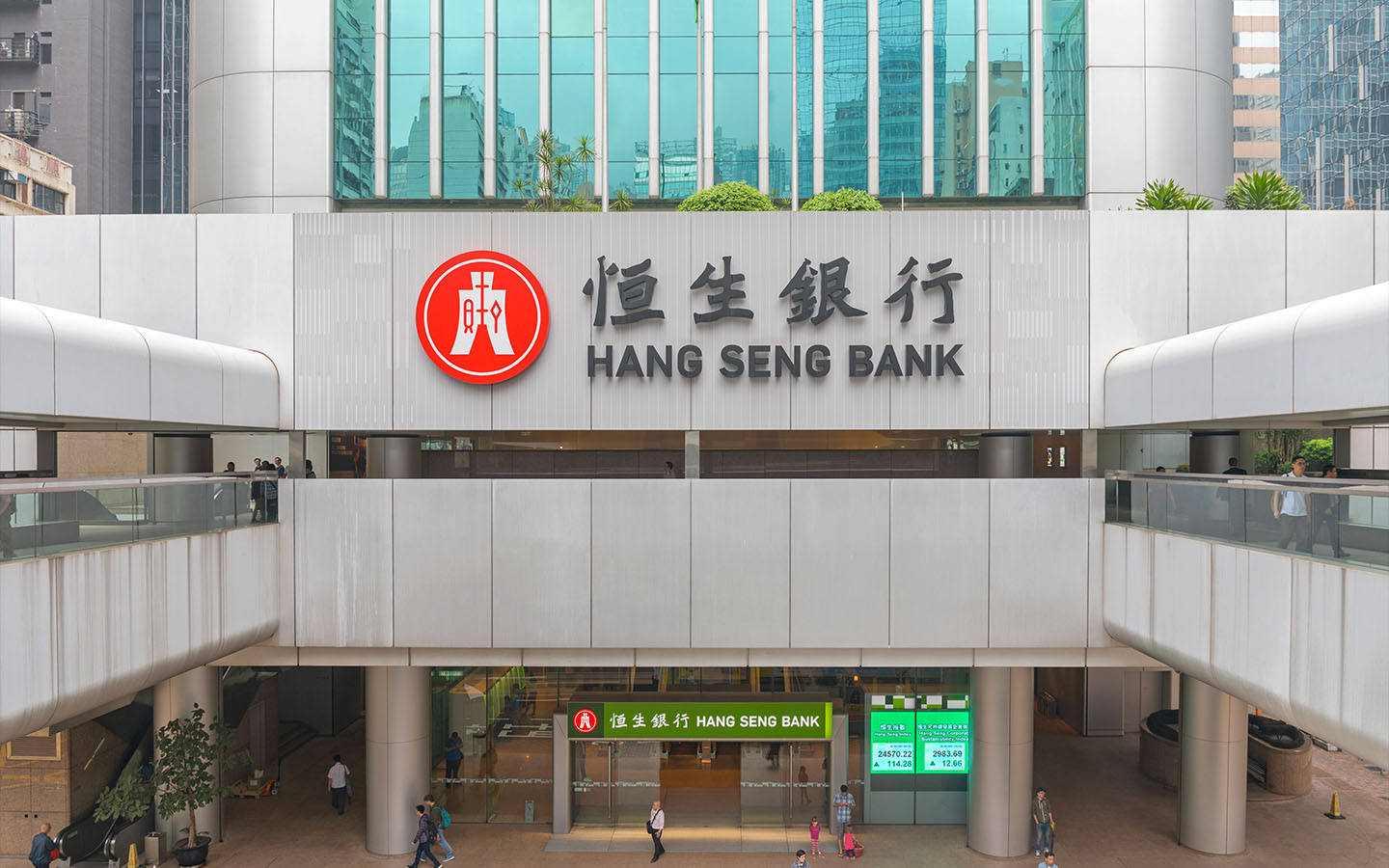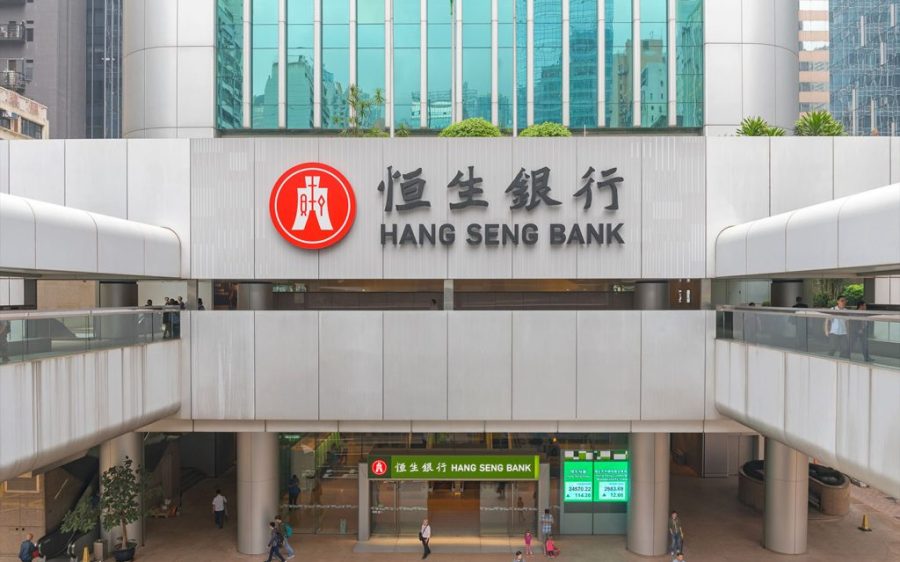Market valuations for two iconic Hong Kong banks have moved in opposite directions following last week’s HK$106 billion bid by HSBC to acquire the remaining 37 percent it doesn’t own in Hang Seng Bank. In a deal valuing the nearly century-old Hang Seng Bank at HK$290 billion, HSBC CEO Georges Elhedery stated that both brands would continue to operate separately with distinct customer propositions, adding that the group would see an earnings boost by removing the non-controlling interests deduction through full ownership of its subsidiary
Shares in Hang Seng have surged to a three-year high while HSBC has witnessed its stock value drop by 10 percent after offering a 33 percent premium to Hang Seng’s average closing price over the past month. With each bank viewed as a structural pillar in Hong Kong’s financial landscape, HSBC’s buyout of Hang Seng carries major implications for depositors and investors. Here are three takeaways from the deal.
For Hang Seng, it’s business as usual
Hang Seng will retain separate authorisation as a licensed bank governed by the Hong Kong Banking Ordinance, Elhedery said in a bank press release, adding that existing customers could now access a wider suite of wealth products through HSBC’s global network that might not have been previously available.
Depositors who entrust Hang Seng with their savings should be reassured that the bank is well capitalised. Hang Seng’s Tier 1 Capital Adequacy Ratio (CAR), the threshold financial institutions must maintain as a buffer against financial stress, stands at 23.3 percent, well above the 6 percent required by the Hong Kong Monetary Authority (HKMA).
Although HSBC and Hang Seng Bank operate independently, they do share common resources. Both have integrated their ATM networks to allow reciprocal use of each other’s machines to offer complementary services such as cash withdrawals, bill payments, and account transfers within Hong Kong.
HSBC share price drops as share buybacks have been suspended
The takeover push for Hang Seng is being interpreted as a move by the UK-headquartered HSBC to deepen its Asian presence where half the group’s global turnover is generated. HSBC shares have fallen since the privatisation bid, though are still up more than 30 percent year to date, outperforming Hang Seng Index, Hong Kong’s main equity benchmark created by Hang Seng Bank.
Over a five-year horizon, HSBC shares have risen more than 200 percent against Hong Kong’s relatively flattish stock market performance, helped in part by share buybacks which occur when companies believe their equity is trading below its intrinsic value. To fund the acquisition of Hang Seng, HSBC will suspend its buyback programme for three quarters, effectively removing the capital that had been allocated to purchase the company’s equity.
[See more: HSBC offers to privatise Hang Seng Bank, sparking a stock downgrade]
Slower revenue recognition may delay any buyback resumptions, leaving the market as the main buyer of the stock. Still, HSBC aims to maintain a 2025 dividend payout ratio of 50 percent of earnings per share, excluding notable items and related impacts.
Hang Seng trading below its proposed price
HSBC’s offer for each outstanding Hang Seng share values its subsidiary at 1.8 times its reported price-to-book ratio for the first half of 2025, a premium well above comparable Hong Kong peers. With Hang Seng’s market multiple trading higher than HSBC’s, some analysts have argued that buying back its own shares would have been a more efficient use of capital deployment than taking full control of a subsidiary where it is already the majority owner.
HSBC has countered that potential revenue synergies, cost efficiency, and Hang Seng’s structurally higher pre-provision margin (the profitability before accounting for loan losses) offer greater upside when compared to purchasing HSBC stocks alone.
Hang Seng shares have lagged HSBC’s, presenting an attractive entry point. A turnaround in Hong Kong offers multi-year growth potential, Elhedery told analysts after the announcement, highlighting the city’s domestic opportunities and its role as a super connector to the mainland. He described Hang Seng as a leading local bank and HSBC as a global player, which together positions them to serve the full market.
The deal price is final with HSBC emphasising the fairness of its valuation. Completion is expected by the second quarter of next year, at which point investors will receive cash for their Hang Seng shares. For those wanting to indirectly invest in Hang Seng for sentimental reasons, future exposure will require owning HSBC stock, where Hang Seng accounts for roughly 15 percent of the parent company’s value, according to Macao News estimates.






